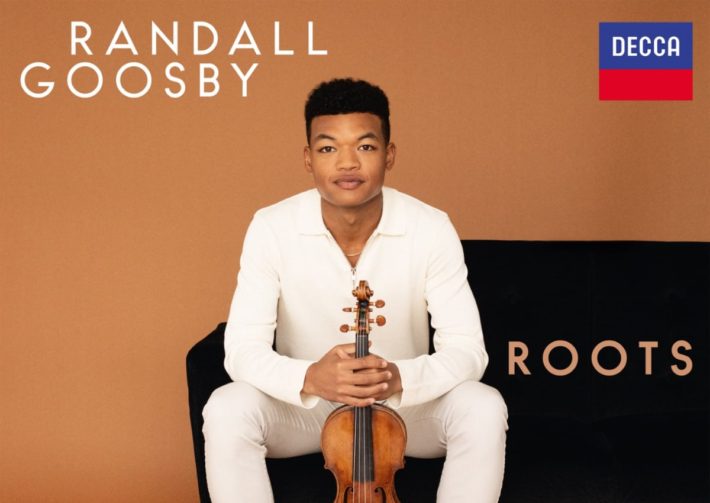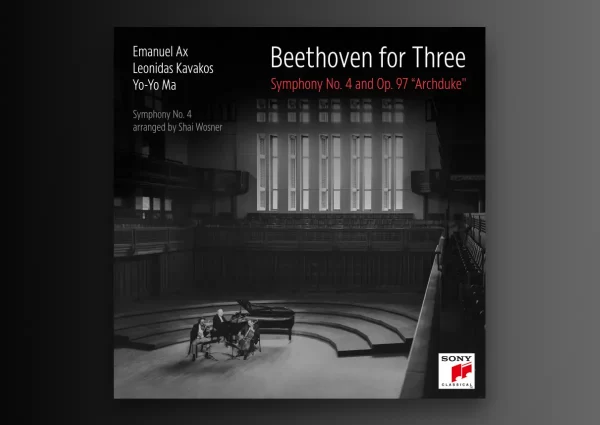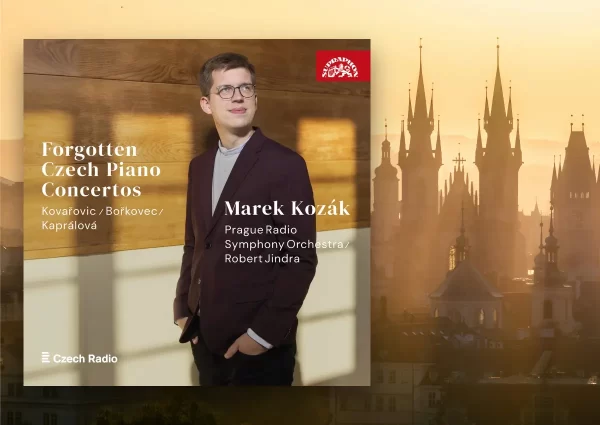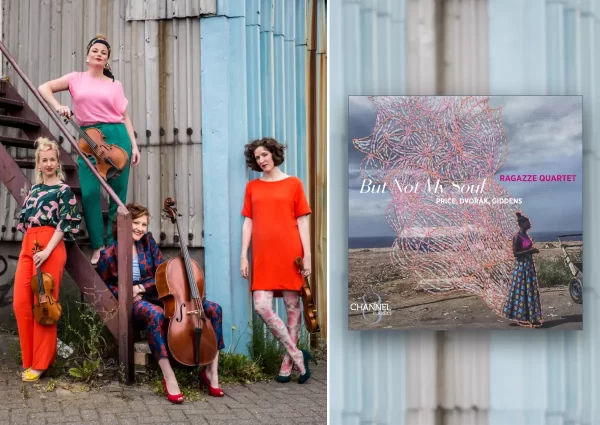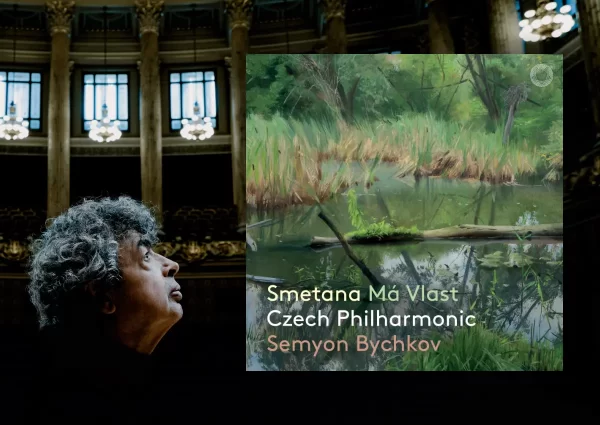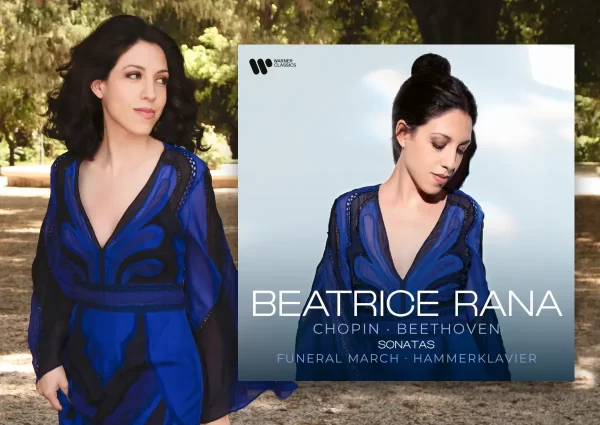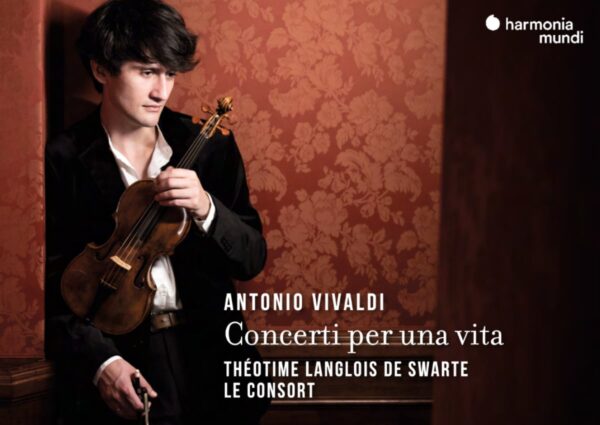Randall Goosby’s new album is a genuinely impressive debut, introducing a supremely gifted and musically mature artist. He began studies at the age of 7 and at age 13 became the youngest participant ever to win the Sphinx Concerto Competition. Goosby trained at the Perlman Music Program, Verbier Festival Academy, and Mozarteum Summer Academy, among others, and has appeared as a soloist with many of America’s finest orchestras. His teachers include Itzhak Perlman, Catherine Cho, Laurie Smukler, and Donald Weilerstein
The recital opens with Xavier Dubois Foley’s fabulous “Shelter Island.” The blues-tinged conversation between violin and contrabass swings between moments of technical brilliance and tender reflection. The obvious chemistry between Foley and the composer on bass only adds to the music’s excitement and rhythmic joy de vivre.
Perkinson’s three movement “Blues Forms” shows his desire fuse elements of jazz and blues with the “high art” of classical tradition. Throughout the work Perkinson plays with an ambiguity between major and minor scales through “blue notes” (the lowered third and seventh notes of a scale). The fast outer movements offer plenty of opportunity for dazzling technical display, while the slow movement, played on muted strings, is a romantic, moody vocalise. Goosby has the full measure of this music, performing the fast writing with an acrobatic grace and the slow movement with an improvisatory freedom and emotional vulnerability.
Heifetz’s song arrangements from Gershwin’s “Porgy and Bess” (tracks 5-8) are beautifully done, well served by Goosby’s gorgeous, finely spun lyricism, even in the violin’s highest registers. His phrasing is vocal, as if literally singing the melodic line. The ebb and flow between him and pianist Zhu Wang create an idiomatic and compelling performance.
Related Classical Music Reviews
- Review: “Bohemian Tales” – Augustin Hadelich, Violin
- Review: Dvořák – Dumky Trio, Kodály – Duo – Kelemen, Altstaedt, Lonquich
- Review: “Paris” – Hilary Hahn, Violin
Grant Still’s “Suite for violin” has been recorded a handful of times, including a recent impressive performance by Rachel Barton Pine (Cedille). While both performance are eually impressive in the outer movements, Goosby gives himself more rubato and a slower tempo in the second movement, which reveals a more touching introspection. The two Fantasies by Florence Price are premiere recordings. Both show Price’s fluency in integrating late-Romantic harmonies with the melodies and rhythms of American music. Goosby is fulsome and freely rhapsodic, beautifully accompanied by Wang.
Dvořák wrote his “Sonatina in G Major” while living and working in New York city. Composed for his two children, the music is tailored for their developing skills, and its four brief movements reuse themes from other chamber works written during his time in America. Like the New World Symphony, the music’s pentatonic-based melodies clearly reflect the influence of American music. The writing is mostly bright and cheerful (the slow movement an exception), with a rhythmic lilt (beautifully realized here) that could only be Dvořák.
Goosby’s playing is difficult to criticize. Intonation is always spot on, and he draws a wealth of tonal variety from his instrument. Time and again one is aware of an exceptionally lyrical and singing tone. And this phenomenal technique is always in the service of readings that capture the spirit and emotion of the music.
Goosby’s program notes reveal how much he enjoys and believes in this repertoire, but the lack of composer information and discussion of the repertoire is a small disappointment. Kudos to Decca for supporting Goosby’s desire to record this under-represented repertoire. Its brilliance is effusively revealed in this recording. I look forward to many more enthralling albums from this gifted artist in the coming years.

“Roots”
Works by:
Xavier Dubois Foley, Coleridge-Taylor Perkinson, Jascha Heifetz, William Grant Still, Florence Price, Maud Powell, Antonín Dvořák
Randall Goosby – Violin
Zhu Wang – Piano
Xavier Dubois Foley – Double Bass
Decca Classics, CD 28948516643
Read more classical music reviews or visit The Classic Review Amazon store
Follow Us and Comment:
Get our periodic classical music newsletter with our recent reviews, news and beginners guides.
We respect your privacy.

